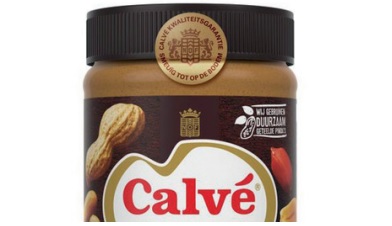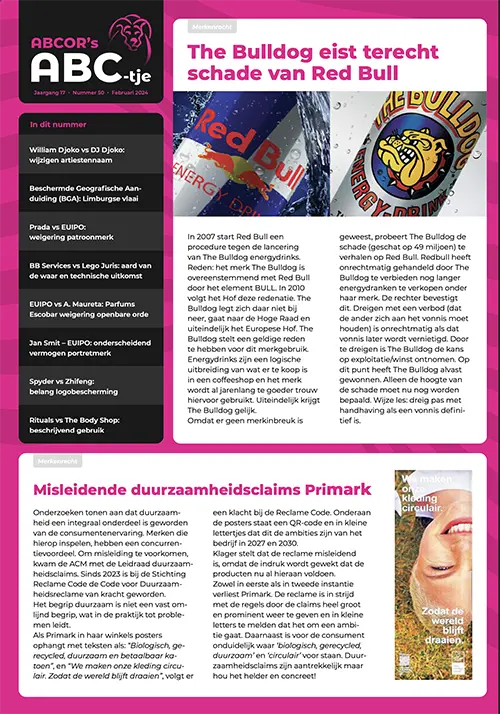Unilever values sustainable sourcing for its product ingredients. To this end, the company has developed its own sustainable agriculture program. Because peanut suppliers comply with this program, the Calvé peanut butter jar proudly displays a logo stating, “We use sustainably grown peanuts.” On the back, near the ingredient list, there’s a QR code linking to more information about the program. But is this claim compliant? Sustainability claims must meet strict requirements: they must be clear, specific, accurate, and unambiguous.
The Dutch Advertising Code Committee ruled that the logo does not clarify whether the peanut butter is made exclusively from sustainably grown peanuts. The claim merely states that some sustainable peanuts are used—but not how many. In court, it emerged that around 95% of the peanuts qualify. This lack of clarity could mislead consumers. Additionally, it is unclear what criteria determine whether peanuts are “sustainable.” The QR code on the packaging does not solve this problem. It is placed in a completely different location and merely leads to general principles on sustainable farming, without specifying how these apply to peanut cultivation. For these reasons, the sustainability claim was deemed unclear. Unilever has been asked to revise its Calvé packaging accordingly.

